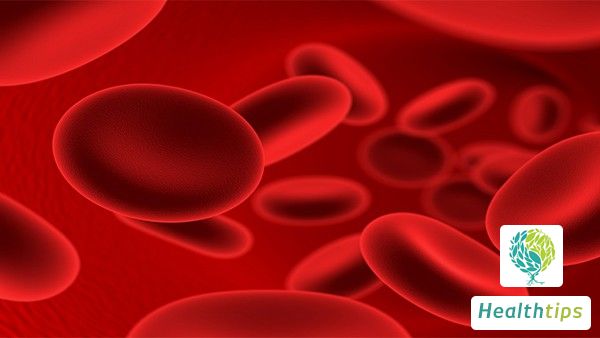Uremia is the common outcome of various chronic kidney diseases in the terminal stage. The treatment mainly includes general treatment, drug treatment, dialysis treatment, and kidney transplantation. It is recommended that patients seek medical attention promptly and undergo targeted treatment under the guidance of a doctor. Here are the specific treatment options:

1. General Treatment: Uremia patients need to limit protein intake to reduce kidney burden. They should also limit water and sodium intake to avoid aggravating edema symptoms. Rest is also essential to avoid fatigue.
2. Drug Treatment: In cases of hyperkalemia, diuretics such as Furosemide Tablets can be prescribed to promote potassium excretion. If anemia is present, calcium carbonate D3 tablets, ferrous gluconate oral solution, and other drugs can be prescribed for improvement. In cases of metabolic acidosis, sodium bicarbonate injection and other drugs may be prescribed for treatment.
3. Dialysis Treatment: For uremia patients with more severe conditions, hemodialysis or peritoneal dialysis is usually required. Hemodialysis utilizes a machine to replace kidney function, removing excess water and metabolic waste from the body. Peritoneal dialysis utilizes the patient's own peritoneum as a semi-permeable membrane. When blood containing toxins and metabolic waste flows through the peritoneum, the toxins in the blood, with a higher concentration than in the peritoneum, will pass through the peritoneum into the abdominal cavity, achieving the purpose of toxin removal.
4. Kidney Transplantation: For some uremia patients with less severe conditions, kidney transplantation surgery may be an option under the guidance of a doctor. This surgery involves implanting a healthy kidney from a donor into the patient's body, allowing it to function normally and replace the diseased kidney.

